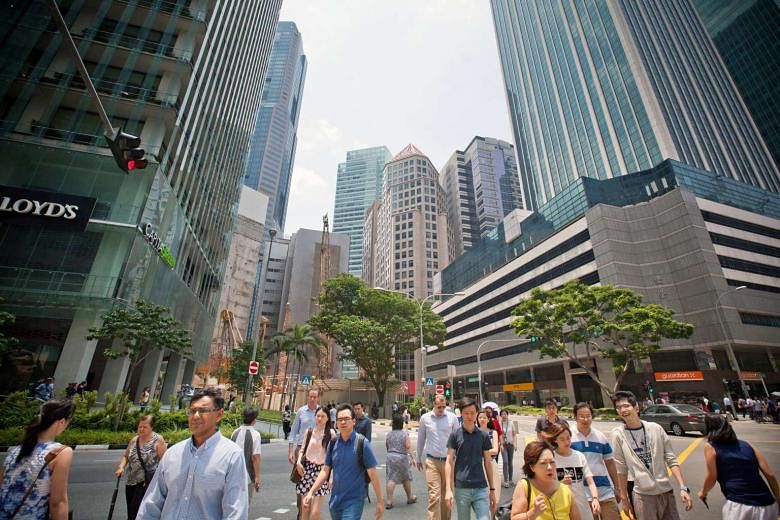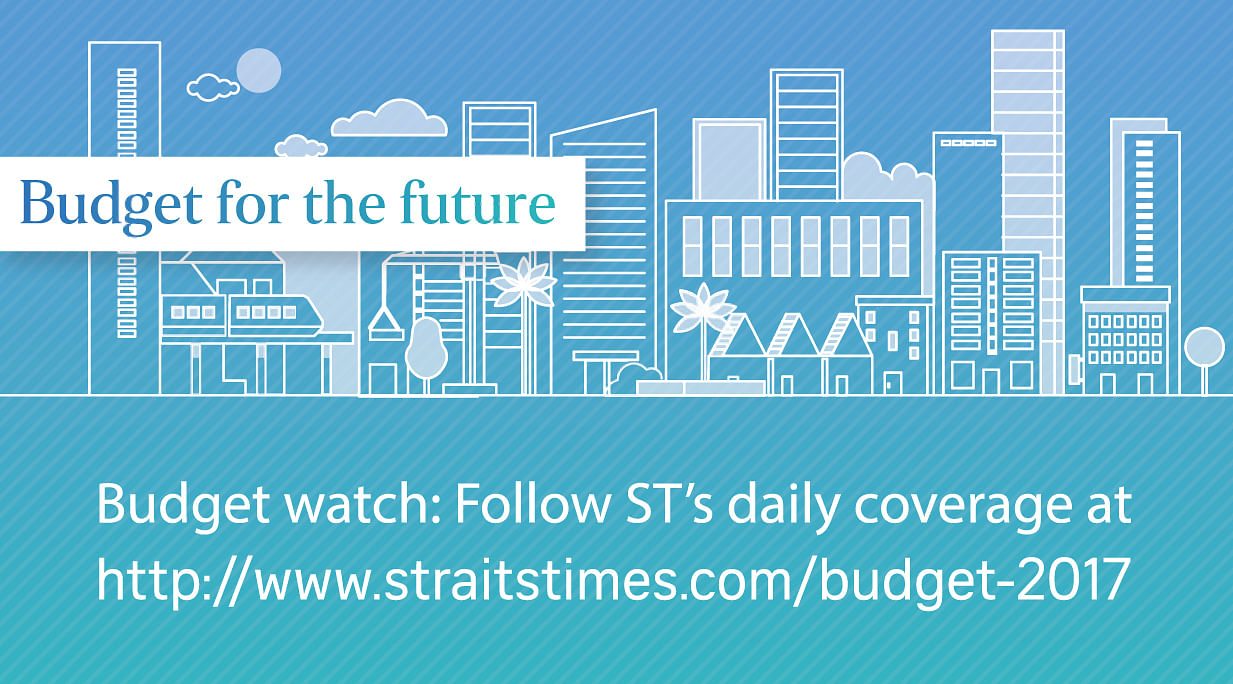The Budget will likely focus on the mid- to long-term goals of transforming Singapore businesses and workforce for the years ahead. Economists expect the Government to keep spending on initiatives that help companies automate and innovate, with a strong emphasis on worker upskilling as well.
DBS senior economist Irvin Seah believes that the Budget on Feb 20 will be "business friendly" - a continuation of last year's emphasis on enterprise development rather than the social safety net enhancements seen in previous years. He cited an example: "Expect a more impactful Automation Support Package with a bigger grant and higher risk-sharing by the Government to help companies invest in digital technologies, additive manufacturing and robotics."
The Automation Support Package was rolled out in last year's Budget, with an initial plan to commit over $400 million in funding support across three years to help companies automate and scale up.
Aside from broad-based support schemes, the Budget may also outline more industry-specific action plans under the Industry Transformation Maps. These are development road maps for 23 key industries, part of the $4.5 billion Industry Transformation Programme announced last year.
"The first cut of productivity measures has helped. Moving on, the focus will be shifted to driving structural changes, in terms of creating a business environment conducive for innovations and start-ups, for example," OCBC economist Selena Ling said.
Funding for research and development may also be ramped up following last year's $1.5 billion top-up to the National Research Fund.
Workers will also benefit. The SkillsFuture programme - announced in 2014 to help Singaporeans upgrade their skills for better jobs amid economic restructuring - could see more enhancements, Mr Seah added.
Spending on SkillsFuture and related initiatives will average over $1 billion annually until 2020.
In his Chinese New Year Message, Prime Minister Lee Hsien Loong stressed that the Budget "will respond to our more immediate economic needs", and that businesses and workers must "persevere with upgrading".
As that process takes place, workers can use more support in transition, Ms Ling said.
"With the labour market softening and headline inflation inching up, I think some form of financial support for workers that are caught in the job-skill mismatch will be welcomed, particularly among the PMEs (professionals, managers and executives)," she added.
This could be done by temporarily pushing back income tax payments or granting a one-off tax rebate for retrenched PMEs, Mr Seah suggested.
But the Government will likely take a conservative approach and, as ever, the decisions will take into account economic conditions and its fiscal position.
Ms Ling said that Singapore's operating revenue for 2016 may be over $70 billion, better than the $68.44 billion estimated in last year's Budget. "But, we also have to look at the economic context. Last year's growth was not too dire after all, at around 2 per cent," she noted. "With better growth prospects and green shoots in manufacturing, I don't think the Government will take a big-bang approach with whatever fiscal policies they are planning."
UOB economist Francis Tan agreed: "We are not in a recession so there's no need to kick-start big relief packages. The Government should instead keep the powder dry, set aside reserves for long-term growth."



